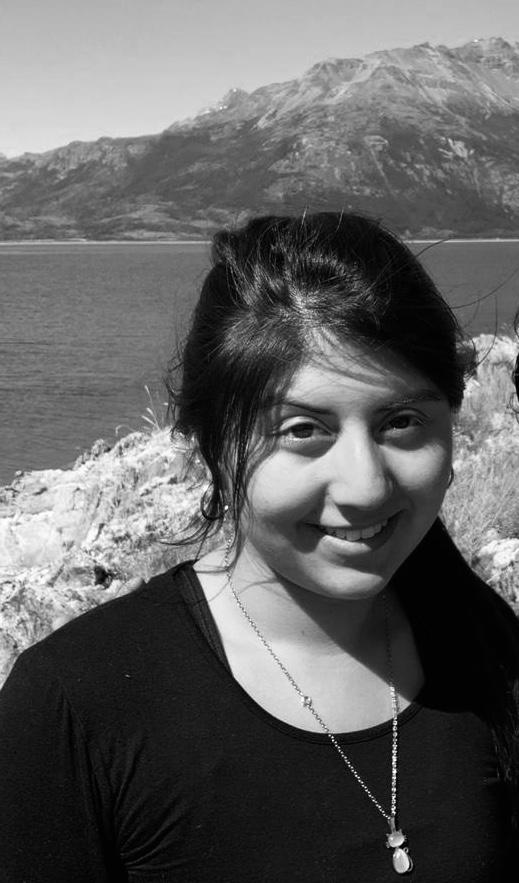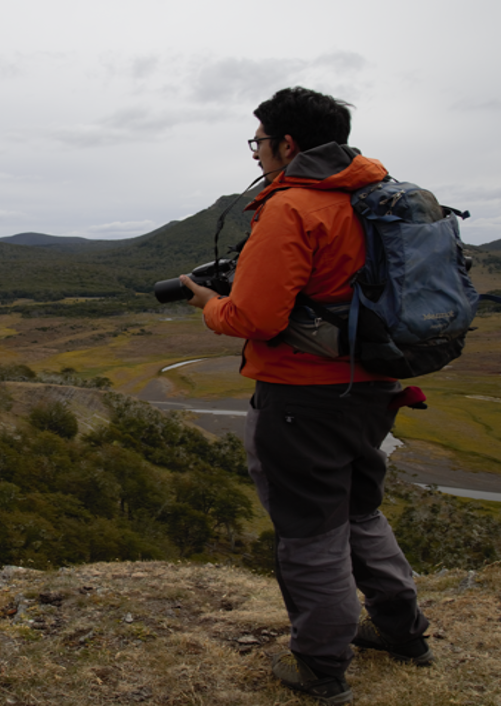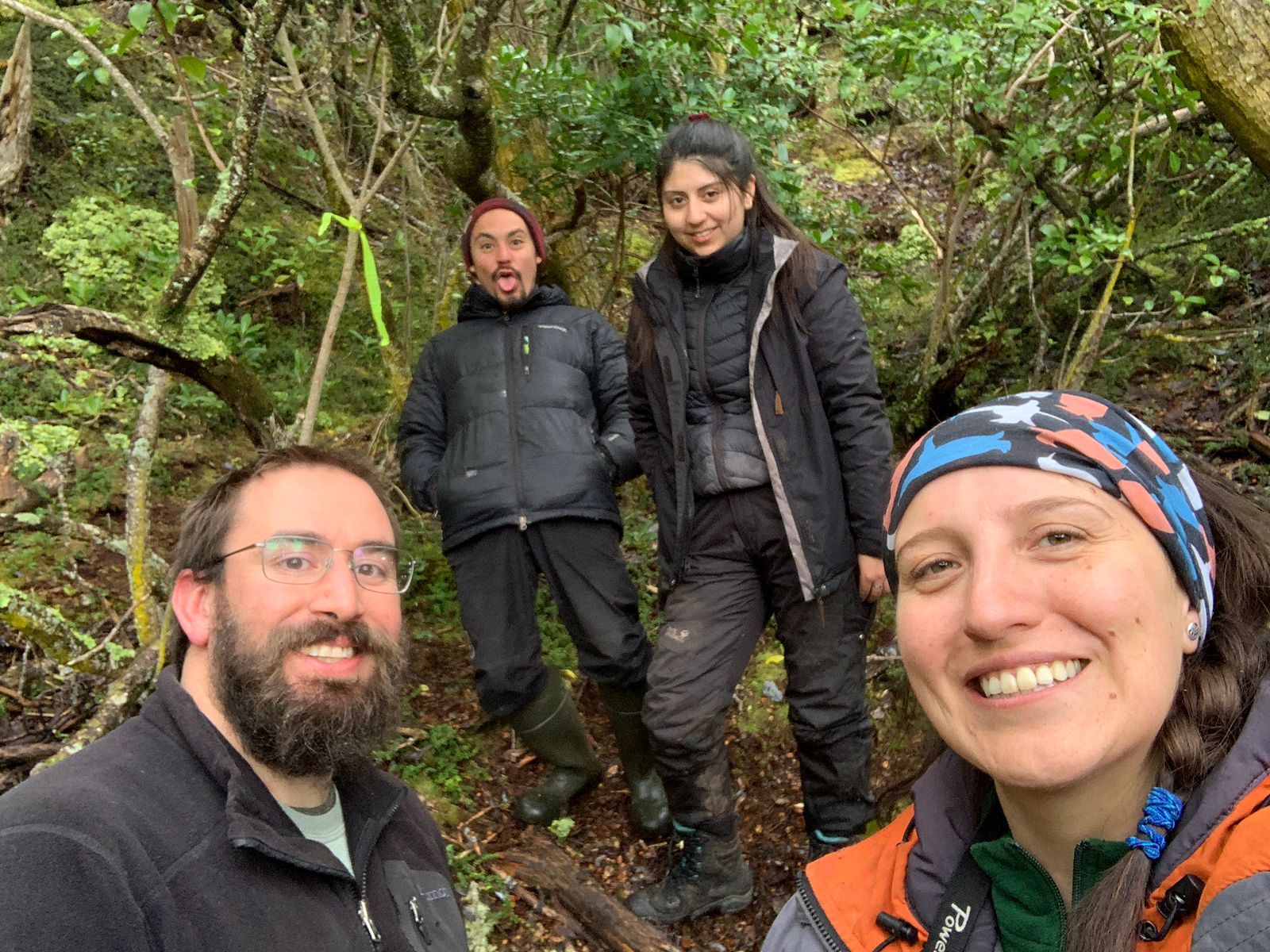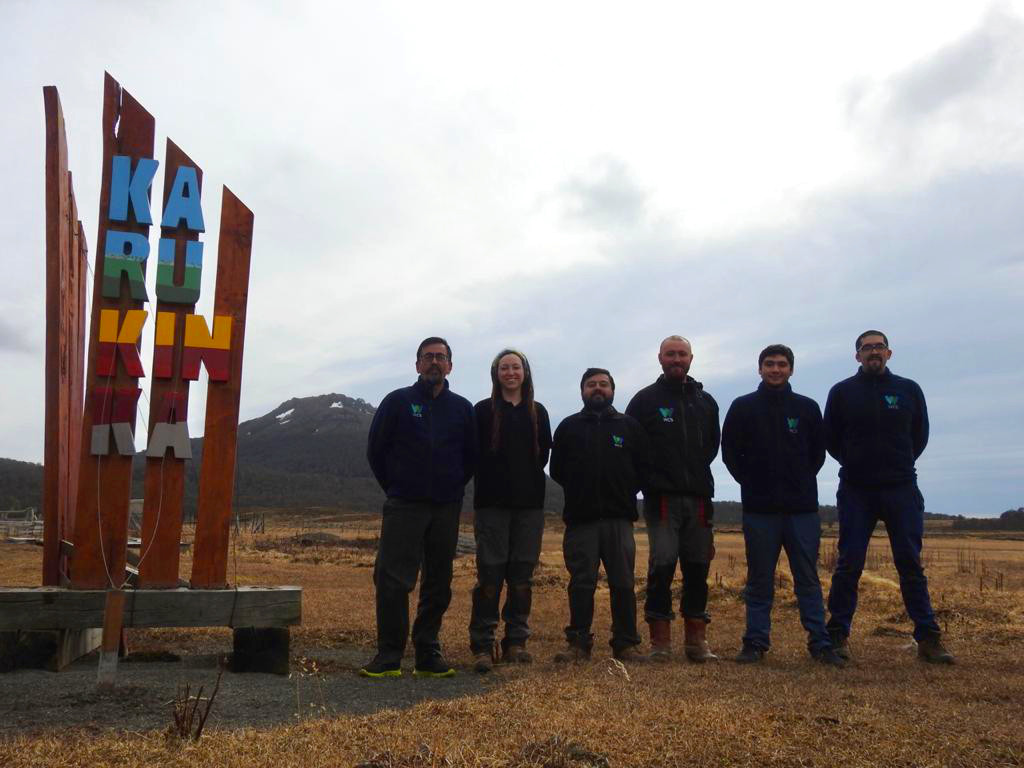National Park Rangers' Day
Opportunities and challenges of being park rangers in the south of the world.
Karukinka Park, in Magallanes Region, is the largest privately managed protected area in Tierra del Fuego. With almost 300,000 hectares managed by WCS Chile, it has a comprehensive approach that seeks to preserve nature through knowledge, enhancement and conservation. To achieve this, one of the key gears in its administration is its park rangers team, six men and two women, who share their lives and passion for nature.
Video made by Karukinka Park ranges
200 kilometers from Punta Arenas, after a journey that takes almost an entire day, these people face their work in extreme conditions such as sub-zero temperatures, winds of up to 120 kilometers per hour, snow that covers a large part of the camp and even frozen pipes during winter. There, in the extreme south of the country, each season is a challenge and provides knowledge for a team that, as Melissa Carmody, Karukinka Park Coordinator, points out, "has the will and versatility to carry out work ranging from administrative to field work, monitoring and managing the area in accordance with the Park's conservation objectives.
But, what is it like to live and work in Karukinka Park, what motivated them to insert themselves in nature and work as very few people do. To learn more about their experience, challenges and passions, we talked with two of its rangers, Nataly Oyarzun and Rodrigo Münzenmayer. We invite you to meet them.


How long have you been working as a park ranger in Karukinka and what motivated you to be part of WCS?
Nataly: I have been working as a park ranger at Karukinka for two years and this is my first work experience of this kind. I studied tourism and I like my job very much, so every day is a good time to continue learning about the work of this profession.
I have always been attracted by the fact that I can work outdoors and surrounded by nature, I feel that I would not see myself working locked up in a city. So Karukinka Park gave me everything I needed, plus the fact that I could do interesting things like monitoring, patrolling, camping, hiking trails, etc. Definitely, what I like most about my job is having the possibility of see nature from up close, in detail, noting behaviors, understanding it; I think that's what I enjoy the most.
Rodrigo: I have been working for 10 years as a park ranger at Karukinka Park, I arrived in September 2011 and, although I left in 2013 for personal reasons, I returned in 2015, motivated by the nature of southern Tierra del Fuego, a place that amazed me with its landscapes, forests and mountains. There, I also discovered the birds world, which I´m passionate about until now. This is an experience full of learning.
What are the challenges of working in such an extreme area?
Nataly: I think the most complex is the way from our homes to the Park, since we have to travel a more or less long distance, which with the characteristics of the road takes us a whole day. This also means that we don't have basic services nearby. On the other hand, the most difficult part for us is the winter season, since we often wake up with temperatures below zero and we have to adapt to these situations.
Rodrigo: As a park ranger, in addition to work with nature, you are alone in an isolated place, so you have to learn to do everything, from plumbing, carpentry, mechanics, everything! This has been a great learning experience and has been very enriching for me. In addition, it´s a job that has helped me to understand how the environment works, it gives me the opportunity to appreciate the behavior of flora and fauna, to observe the cycles of life and how one can also contribute to that cycle.
What do you like most about your work?
 Nataly: As I mentioned before, what I like most about my job is the lifestyle it gives me. Being in a place surrounded by nature and the diversity of wildlife that is right next to us. Even though I have been working in the Park for two years, it always impress me when a culpeo fox approaches me, or when I see a condor gliding, being able to enjoy those moments are privileges that only a protected area like this one gives you.
Nataly: As I mentioned before, what I like most about my job is the lifestyle it gives me. Being in a place surrounded by nature and the diversity of wildlife that is right next to us. Even though I have been working in the Park for two years, it always impress me when a culpeo fox approaches me, or when I see a condor gliding, being able to enjoy those moments are privileges that only a protected area like this one gives you.
Rodrigo: Definitely, what I like most about my job is the possibility of seeing nature up close, in detail, noting behaviors, understanding it, I think that's what I enjoy the most.
What is life like being a park ranger, could you tell us a little about your daily work?
Rodrigo: I work as head of research and public use, so now, for example, we will start monitoring guanacos and we will conduct condor censuses at least four times a month. In this role, my work is based on making sure that the spreadsheets are complete, I do a lot of work in Excel, ordering the monitoring, transferring data from the GPS to the application we use to see the coordinates, everything ordered and delivered on the corresponding dates.
In addition, we patrol the trails, in a role of 11 days we travel at least once each of them and we travel the route that connects the Park with Almirantazgo Sound, Caleta María and Yendegaia Park.
In terms of public use, we are in charge of the interpretative signage in all the trails, we design and build it in wood. In terms of environmental outreach, we give talks and educational videos that are shared in schools in the region.
Nataly: Our day-to-day work is not always the same, although there are previous plans, we never know how the day will be, since many times unforeseen events arise and we have to do things with priority or simply the weather is not with us.
The tasks in the Park are very varied, although all of them have the same purpose, conservation, as well as public use and maintenance of the facilities. Not only do we attend to the public that visits Karukinka, but we also collect data, monitor, help scientists who go to the field, carry out control and monitoring of exotic species, condor censuses, all this in addition to our daily tasks that help the functioning of the camp.
The coexistence in the work place is another important point, the coworkers become family, since we spend most of the time in the same place, therefore, we share many moments together. Our work as park rangers teaches us new things every day.
Passion for nature, adaptability to change and temperance to face all kinds of extreme situations are just some of the characteristics that define this group of people who works for the protection of Karukinka Park, among rivers, forests, wetlands, coast and Patagonian steppe, where the most diverse species of nature cohabit.
